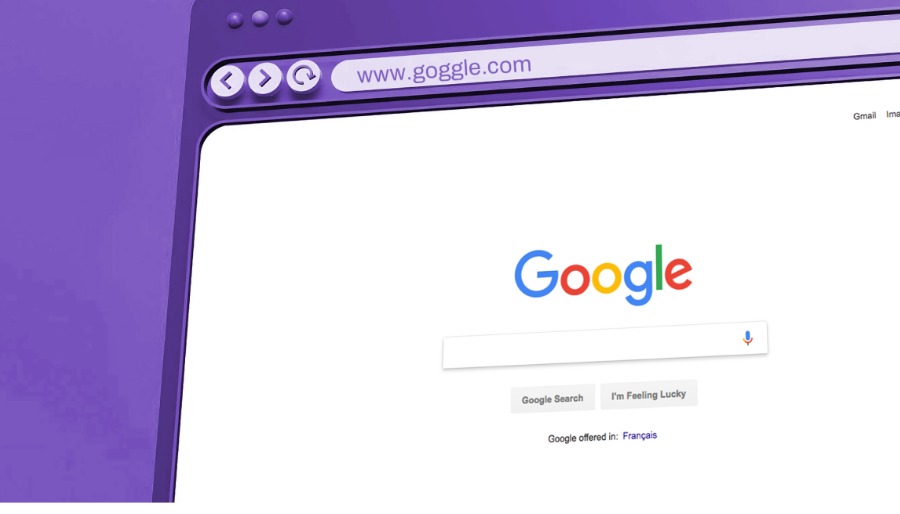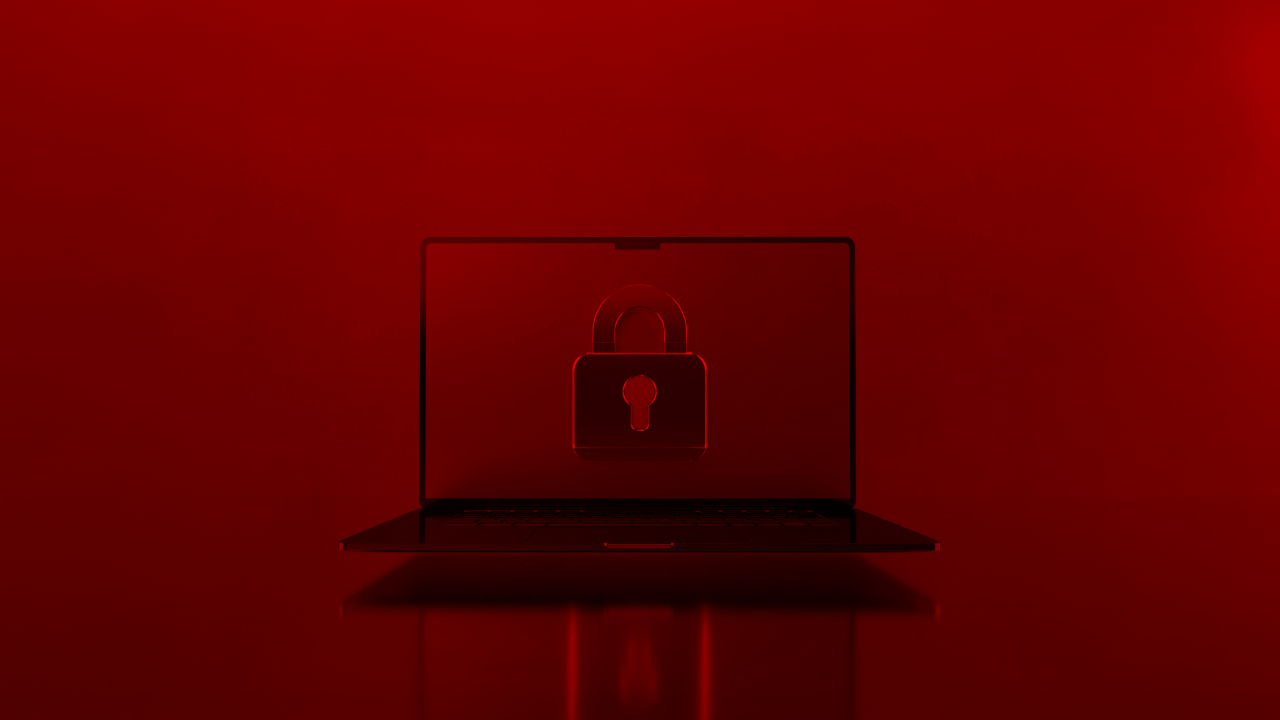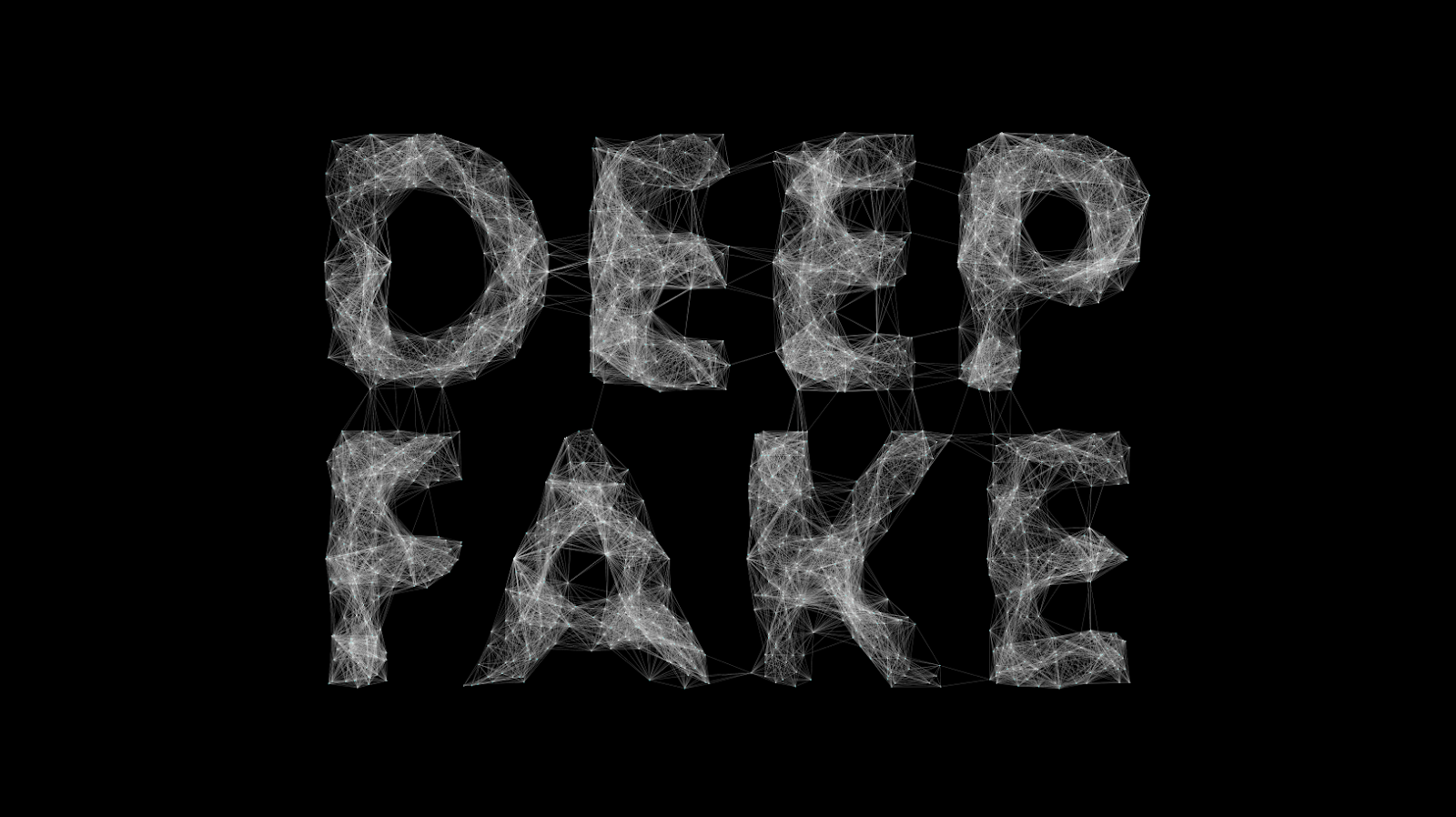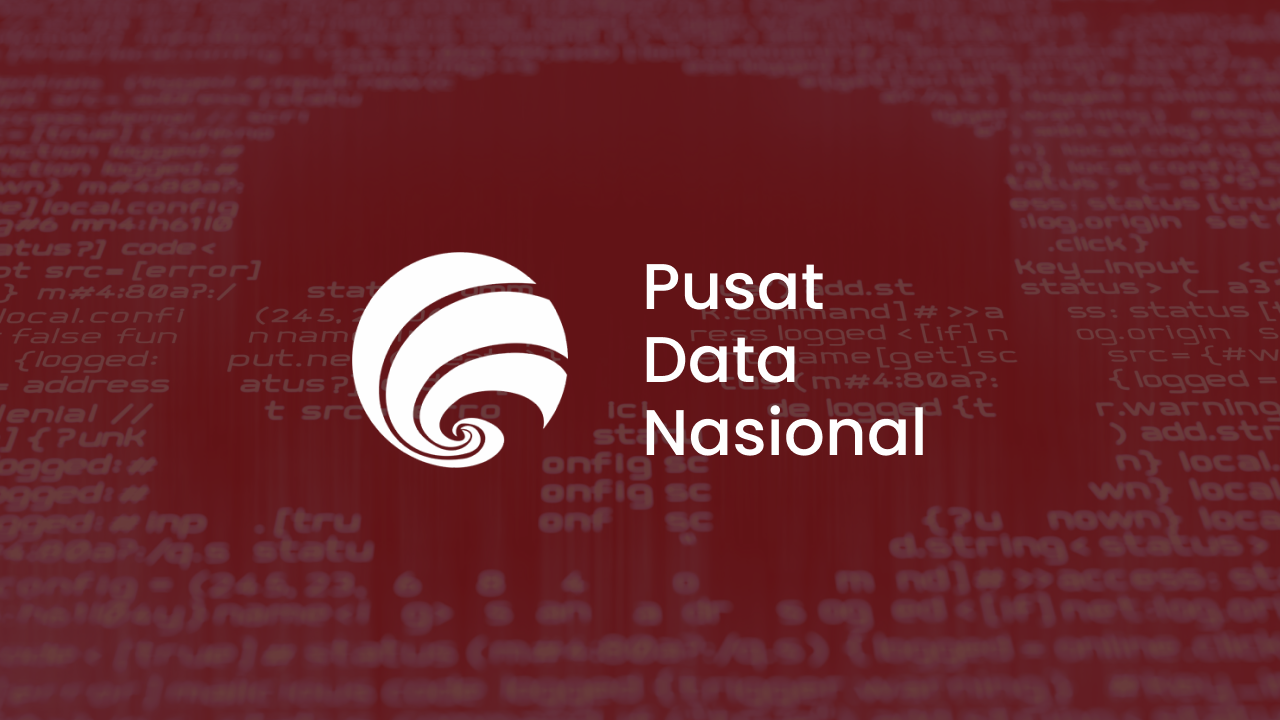By Patricia A. Pramono • Studio 1080, Published on June 21, 2024
TABLE OF CONTENTS
Cybersquatting and typosquatting are types of cybercrimes that involve exploiting domain names to deceive users or profit from the reputation of established brands. They pose significant threats to a company’s security. Understanding these cybercrimes and their implications is essential for effective digital protection.
Understanding Cybersquatting and Typosquatting
Cybersquatting involves the registration, use, or sale of a domain name with the intent to profit from the goodwill of someone else's trademark. Typically, cybersquatters target well-known brand names or personal names, hoping to resell the domain at an inflated price or use it to attract web traffic for malicious purposes.
Typosquatting is a form of cybersquatting where attackers register misspelled versions of popular domain names. For example, a typosquatter might register "goggle.com" instead of "google.com." The goal is to exploit common typographical errors made by users when entering web addresses. These fraudulent sites often host phishing schemes, distribute malware, or steal personal information (CrowdStrike) (TechRadar).
Common Examples
Some classic examples of typosquatting include:
-
Rnarriott.com instead of Marriott
-
Wikiepdia.org instead of Wikipedia
-
Yuube.com instead of YouTube
-
Pajak.co.id instead of Pajak.go.id
Cybersquatting:
-
MikeRoweSoft.com: Mike Rowe registered this domain as a play on words of "Microsoft" to promote his web design services. Microsoft eventually took legal action against him (Kaspersky).
-
mCruise.com: Jeff Burgar owned this domain for years, capitalizing on the actor's name until Tom Cruise won a legal dispute for the domain's ownership (Kaspersky).
-
Dell-related domains: Dell took legal action against several website registrar firms for registering over 1,100 domain names that were confusingly similar to Dell's trademarks, leading to a successful lawsuit in 2007 (CrowdStrike).
These deceptive domains can lead to significant financial and reputational damage, not to mention the risk of malware and data breaches (CrowdStrike) (TechRadar).
Cases in Indonesia
Cybersquatting and typosquatting have also been notable issues. According to Pratama Persadha, Chairman of the Communication and Information System Security Research Center (CISSReC), the risk of cybersquatting in Indonesia is mitigated by strict domain registration processes. For example, acquiring a ".id" domain requires verification with identification documents, making it more secure compared to global domains like ".com" (Bisnis.com).
-
KlikBCA Case (2021): A fraudulent domain mimicking KlikBCA, a popular online banking service, was created using "kIikbca.com" (with an uppercase 'I' instead of an 'l'). This domain deceived users and stole sensitive banking information (Bisnis.com) (Bisnis.com).
-
Shopee Phishing Case (2023): A domain closely resembling the popular e-commerce site Shopee was used in a phishing scam. The fraudulent site, "shope-indonesia.com," mimicked the legitimate site's design to deceive users into entering their personal and financial information (Bisnis.com) (Bisnis.com).
Alfons Tanujaya, a cybersecurity analyst from Vaksincom, emphasizes the importance of using local domains managed by PANDI (Pengelola Nama Domain Internet Indonesia). These domains undergo thorough screening processes, which significantly reduce the likelihood of cybersquatting (Bisnis.com).
Conclusion
Cybersquatting and typosquatting remain pressing cybersecurity concerns that can lead to severe financial and reputational damage. By understanding these threats and implementing robust domain registration and monitoring practices, businesses and individuals can protect their digital presence. As these cybercrimes continue to evolve, staying informed and proactive is crucial for maintaining online security.






